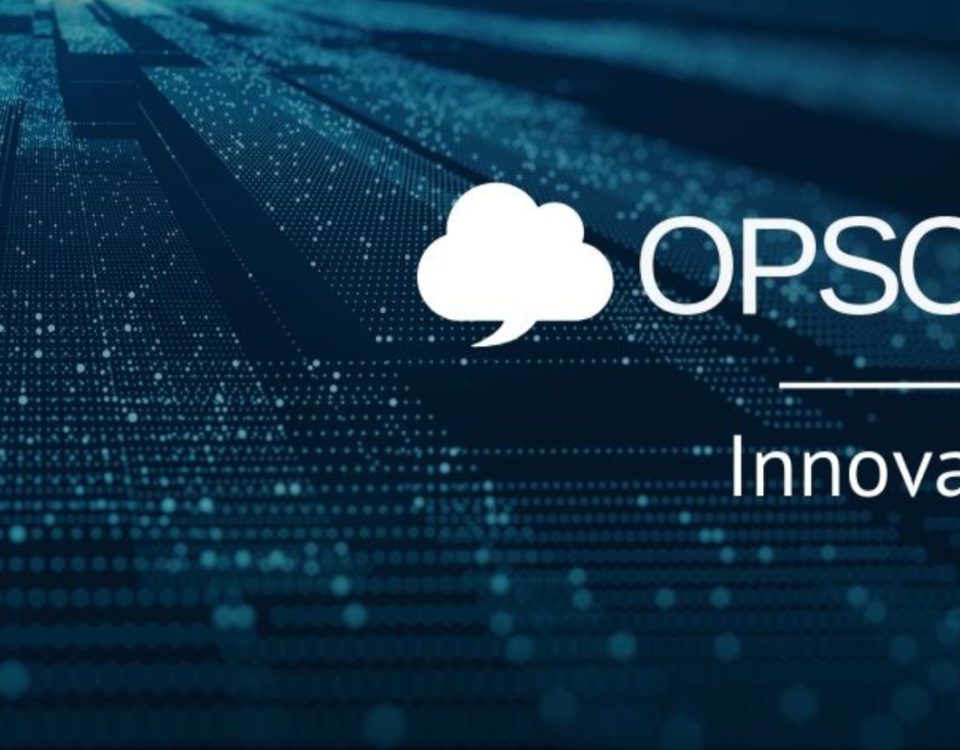As the popularity of messaging apps continues to skyrocket, it also increasingly influences people’s preferences when it comes to interacting with their favorite brands. Thus, it is no surprise that there is renewed and accelerated demand for business messaging solutions. On top of that, consumer expectations are also on the rise. In response, many leading brands worldwide are creating on-demand economies designed to provide the fast, personalized experiences that the modern customer now seeks.
Together, these factors form a critical paradigm shift. Not only does everyone want and expect to connect with brands on their preferred messaging apps, but they also expect the same convenience that their favorite shopping platforms or streaming services offer. Hence, many businesses are beginning to adopt omnichannel messaging platforms in Singapore that can adapt to when, where, and how their audience prefers to communicate.
What is an omnichannel messaging platform?
An omnichannel messaging platform is the key that empowers organizations to communicate and offer support to their target audience across an integrated range of channels, such as SMS, calls, email, web chat, social media, and more. By aggregating conversations across these channels into one location, it makes it easier for brands to manage customer interactions at scale.
When implemented correctly, omnichannel messaging can transform customer engagement by enabling brands to effectively meet where their customers are and provide them with a seamless experience regardless of where they reach out from at any given point in time.
3 Reasons why having omnichannel messaging strategies matter today and beyond
1. Meet the growing demand for convenience and personalization
As mentioned, messaging apps are significantly changing the way people want to engage with businesses. One such aspect that comes to mind is that many customers have grown tired of the hassle of dealing with automated phone systems as they have grown used to the ease and convenience that new technologies provide.
Hence, messaging serves as an invaluable tool in bridging this communication gap. Its asynchronous nature means that conversations move at the customer’s pace and allow them to get the support they need at once rather than waiting for an agent to get to them on the phone or respond to their email.
Messaging also lends to greater personalization, another important piece of the puzzle. In this case, omnichannel messaging strategies allow for consistent and contextual service as businesses can draw on each customer’s historical support interactions, purchase history and other information to quickly resolve their concerns and provide “one-to-one” communication.
Thus, no matter what channel customers reach out on, brands no longer have to start from square one every time and can build forward from each interaction and hold more meaningful conversations.
2. Secure customer loyalty
It is no secret that today’s consumers highly regard brands with excellent customer experience. Brands that meet their audience’s expectations or even go beyond them gain measurable advantages, most prominently earning more of their business. This is why there is no better time to adopt omnichannel messaging and tap into its immense potential for elevating customer experiences. Businesses that advertise their presence in multiple channels indicate their commitment to providing support in both modern and traditional channels like phone and email.
By employing omnichannel messaging strategies, brands have a golden opportunity to integrate all their communications with each customer and provide a unified experience that ensures personalized service and speedy resolution on demand. Seeing how market competition is increasing across industries, this game-changing advantage that excels at fostering brand loyalty is something that no business should overlook.
3. Effectively scale your customer communications alongside your business growth
As business operations scale up, so does the number of customers who will require support. This is where omnichannel messaging comes in to help automate most of the inquiries an organization receives without sacrificing quality.
Customers generally want their issues resolved quickly regardless of who (or what) handles their concerns. According to McKinsey & Company, the swift and contextually relevant service offered by an omnichannel messaging support strategy is instrumental in helping brands achieve an increase of up to 50% in the average net promoter score after its adoption.
This scalability is particularly beneficial for businesses that experience seasonal peaks in their customer communication as it allows them to be consistent in the quality of service they provide without needing to hire seasonal employees.
Conclusion
While traditional means of providing customer service will always remain relevant, customer expectations in today’s day and age demand much more. Hence, omnichannel messaging has become essential to meet the growing needs of consumers worldwide. That said, simply offering multiple channels is not enough, and brands must also ensure reliable service on each and consistently provide prompt, customer-centric responses. Over time, this results in improved business efficiency and a stronger market reputation.
If you are interested in adopting an omnichannel messaging platform today, Innovax Systems’ OpsCentral is the leading solution that can meet all your business needs and more. Leveraging state-of-the-art technologies like AI and machine learning, our omnichannel messaging platform and cloud-based call centre solutions in Singapore makes for a robust solution that streamlines customer engagement, heightens the productivity of support teams, and increases customer satisfaction.




